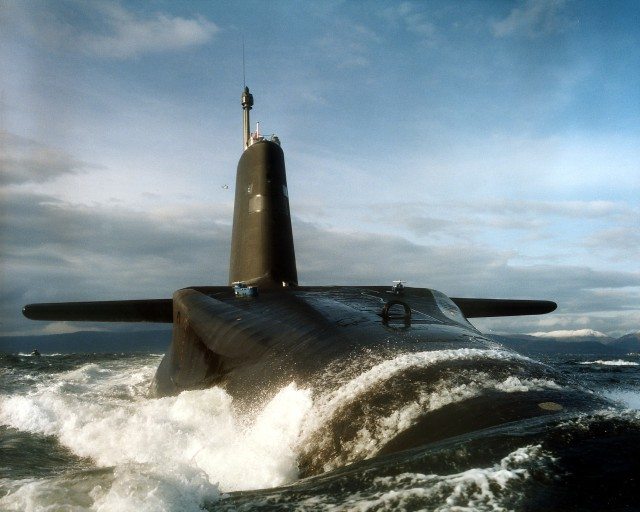Brazilian President Dilma Rousseff inaugurated Friday a naval shipyard that will oversee construction of a nuclear-powered submarine and four others to patrol Brazil’s long coastline and deepwater oil reserves.
The project in southeastern Rio state, with the first vessel set for 2017 delivery, emerged from a $10 billion partnership with France dating from a 2008 agreement signed by then leaders Luiz Lula da Silva and Nicolas Sarkozy.
“I am sure that every cent invested in the program will prove worthwhile,” said Rousseff.
She noted Brazil was progressing toward becoming part of a “select group” of countries along with Britain, China, France, Russia and the United States, whose navies have nuclear-propelled submarines at their disposal.
“We have a very precious heritage to protect, of which the sea is a part, with essential resources for our country’s development,” added Rousseff, who was accompanied to the launch by Defense Minister Celso Amorim.
She stressed that the navy has a constitutional duty to protect the nation’s sovereignty. Brazil has about 8,500 kilometers (5,300 miles) of coastline.
The new submarines — the first one is 45 percent ready — will replace five that Brazil developed with Germany in the 1980s.
Brazilian constructor Odebrecht, French state defense firm DCNS and the Brazilian navy have been jointly developing the yard at Itaguai, some 70 kilometers south of Rio de Janeiro.
The 100-meter, 6,000-ton nuclear vessel is slated for launch in 2025 after construction starts in 2017. Its reactor and enriched uranium fuel have been developed with Brazilian technology.
All five conventional submarines will bear torpedoes loaded with conventional warheads.
Under the Brazilian constitution and the Treaty on the Non-Proliferation of Nuclear Weapons to which Brazil is a signatory, the country may not develop or equip its armed forces with nuclear weapons.










